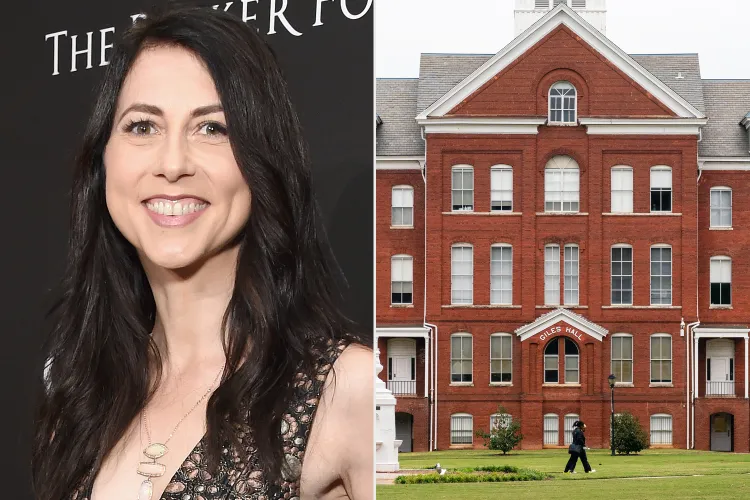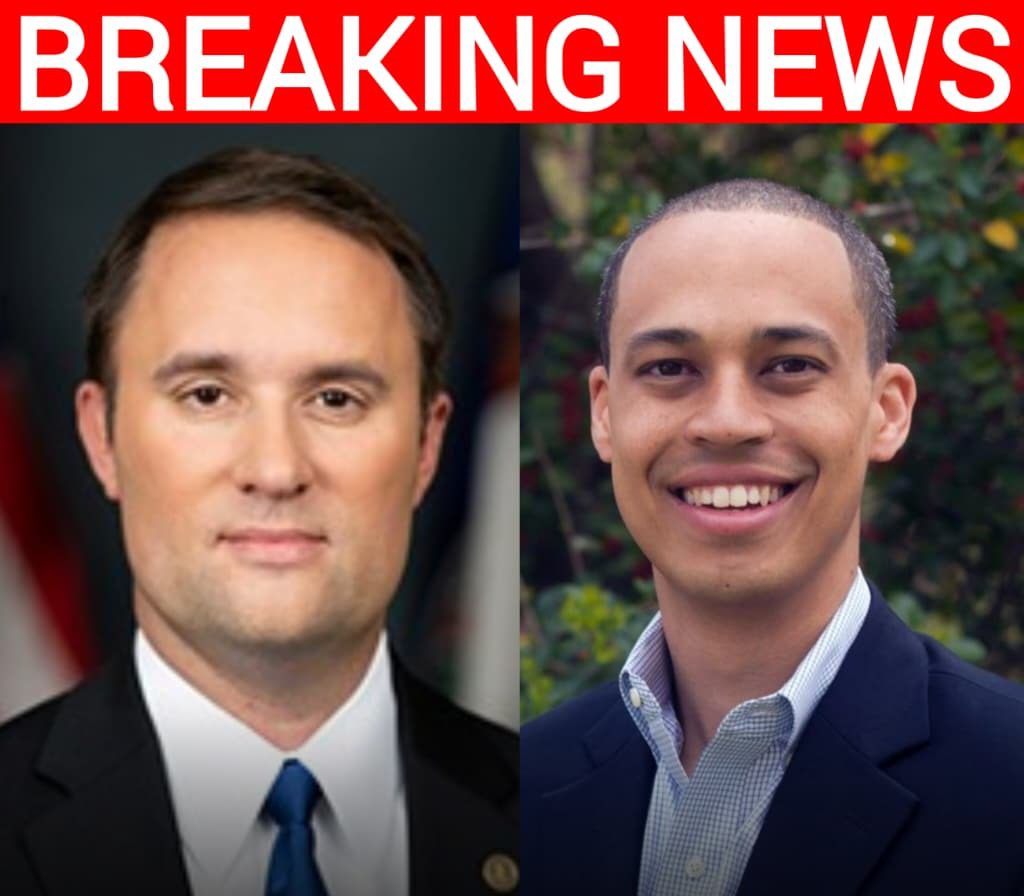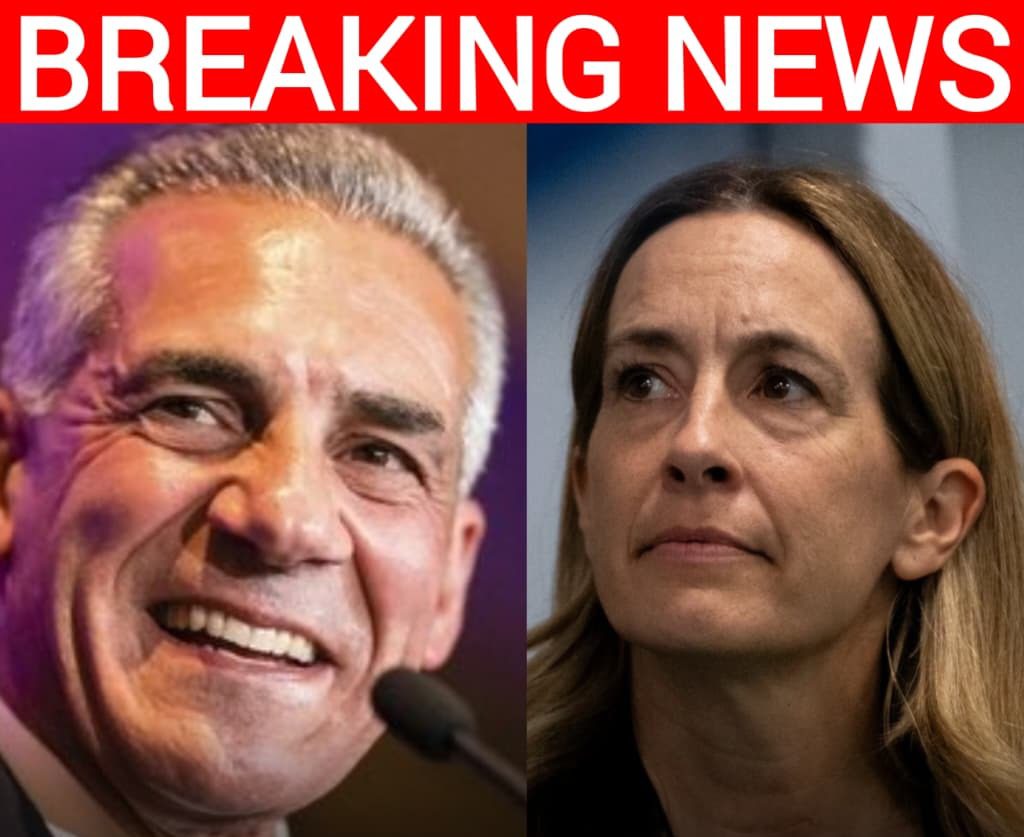How MacKenzie Scott’s $560 Million Gift to HBCUs Is Changing the Game for Historically Black Colleges
When I first read about MacKenzie Scott quietly donating more than $560 million to 23 historically Black colleges and universities in 2020, I felt moved—and hopeful. This wasn’t another named-building gift with restrictions, it was trust. It was belief in communities that have long been under-invested in. According to a report by Rutgers University’s Center for Minority Serving Institutions and other research, Scott’s aim to give away the vast majority of her wealth means she’s not looking for publicity—she’s looking for impact.
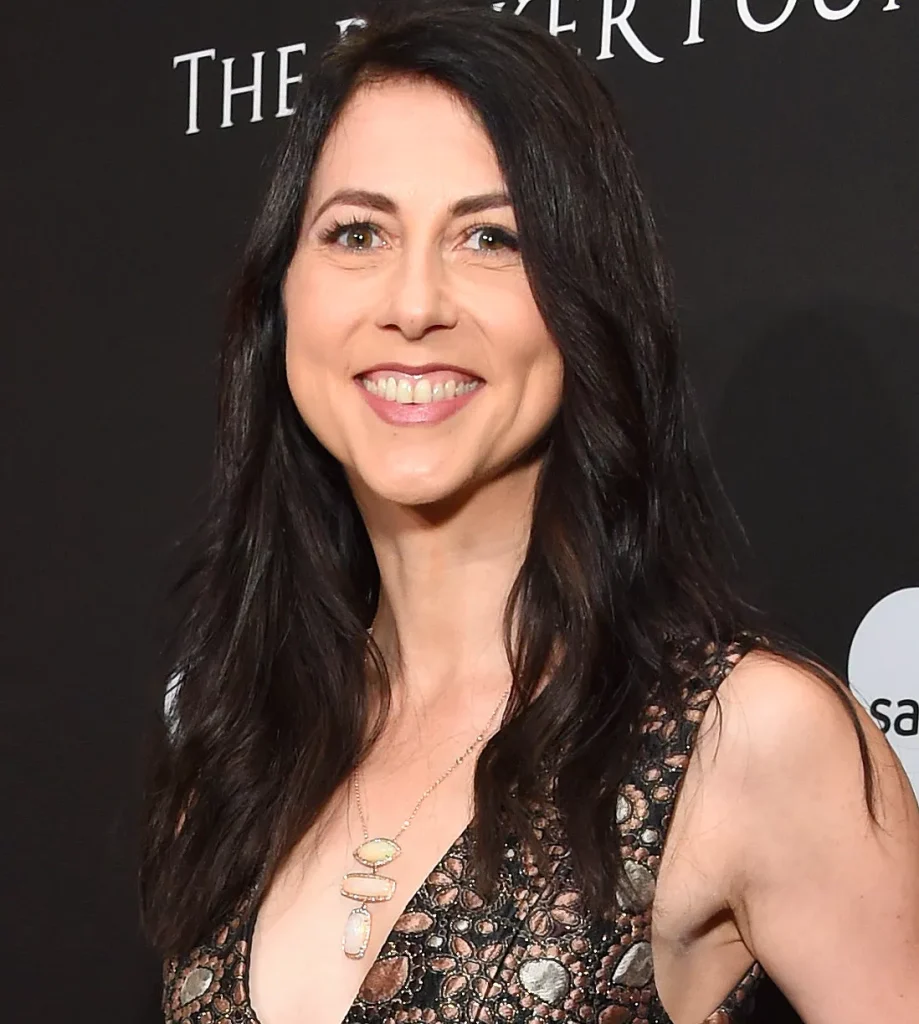
The story behind it is fascinating. Scott was married to Jeff Bezos until 2019, and shortly afterward she signed the Giving Pledge, committing to give away the majority of her fortune. By 2020, amid a global pandemic and renewed focus on racial justice in the United States, she quietly delivered these gifts to HBCUs, ranging in size from about $4 million to as much as $50 million at a time. The fact that she chose HBCUs at all is significant. For decades many of these institutions have carried deep impact but received far less philanthropic attention than predominantly white peers. As one HBCU leader said, the gift felt like someone telling them: “We believe you, we trust you, go ahead and fly.”
What struck me most was the unrestricted nature of the giving. Scott didn’t require a donor wall or a lengthy contract. Instead she trusted the institution to decide how best to use the money. Her approach involved data-driven decision making, allowing each school to decide how they wanted to use the funds. That level of autonomy is rare in philanthropy, especially at that scale. Because of this freedom, schools poured resources into endowments, scholarships, student support, faculty, research, infrastructure—depending on their greatest needs.
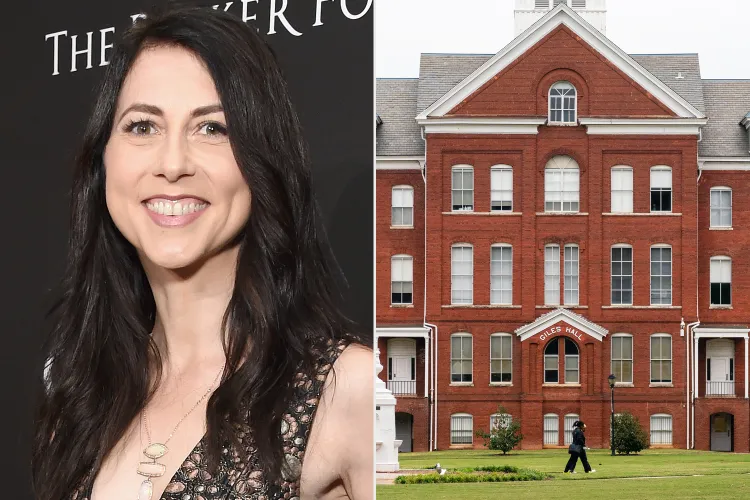
Let’s illustrate with a few examples. Some of the institutions receiving support include Morgan State University, Spelman College, Prairie View A&M University, and Howard University. On average, HBCUs that received funding had more than 300 additional new students in their first-time enrollment class compared to those that did not. Retention rates improved by about 15 percent on average among the recipient schools.
Why does this matter so much? Because HBCUs have historically been engines of upward mobility for Black Americans—producing doctors, engineers, teachers, social-leaders—even while being under-funded relative to non-HBCU institutions. Gifts of this size change the mathematics: they bolster endowments, give student supports, create programs that attract talent, and signal to other donors that these schools deserve investment.
For Scott, this isn’t about headlines or a big gesture. It’s about doing something meaningful. She wrote in a July 2020 Medium post that when you make a contribution, you should trust the people you give to. To the schools, the message seemed clear: your value is recognized, your potential is real—and here’s fuel for your mission. One university president said that the gift felt like someone wiped away the shackles that had weighed on their institution for decades.
What I take away from this is hope. Because it’s hope grounded in action. The kind of philanthropy that doesn’t just sprinkle what’s left over but invests boldly in places where it really matters. The kind that listens. The kind that trusts. The kind that says: you’ve been doing the work—here’s the resource.
If you’re reading this, maybe you’ve wondered how change happens at deep systemic levels. Maybe you ask: can charity really shift the balance? With this story, I’d say yes — when the giving is smart, generous, unrestricted, and aligned with actual needs. MacKenzie Scott’s gift to HBCUs is such a story.
